Lasting, apolitical: the monarch is most like a civil servant in chief
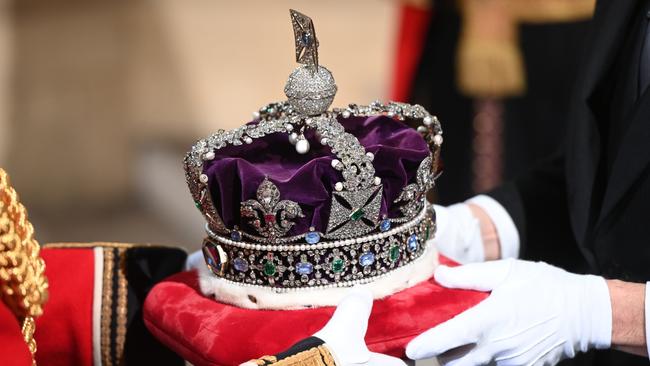
Sometimes, this takes the form only of dim, viral tweets from people with a vague notion of Irish great-grandparents, but there was also an essay in this vein in The New York Times from the Harvard academic Maya Jasanoff. On MSNBC the anchor Ali Velshi, born in pre-independence Nairobi, had a vicious spat with the historian Andrew Roberts.
To mainstream British sentiments, this lies somewhere between upsetting and simply befuddling. When we think in these terms at all, which we tend not to, we see Elizabeth’s reign as having been firmly on the right side of history. As in, forget just decolonising the discourse; the woman decolonised the actual colonies. More than that, though, these American visions jar because they seem to attribute to the British monarch something that we all know, in our bones, no monarch has. Which is autonomy.

You can see why Americans struggle with this, and it’s not just because their conception of the British monarchy ossified with George III. It’s also because they have a president, and he – or she, not that they ever seem wild about that idea – actually does get to be in charge. They also appoint their own administrations, and not in name, but literally. This is why, years into his reign, hundreds of jobs in the Trump administration remained unfilled. It is also why Americans really do mean something, even if it is a mad something, when they complain about the “deep state”. Because permanence, for them, is suspect.
It is impossible to overstate how thoroughly unlike this the United Kingdom is. Here, having a deep state is the whole idea. Our politicians come and go, but everything else is supposed to function as a lasting, apolitical machine, equally capable of working under not only Liz Truss or Sir Keir Starmer but also, at least theoretically, Jeremy Corbyn or Nigel Farage.
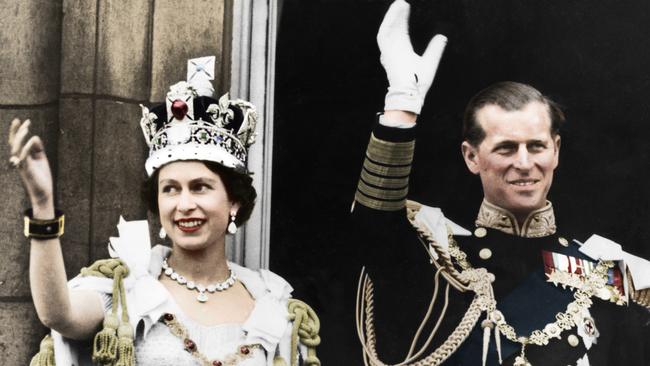
This is most obvious with the civil service – permanent secretaries; the clue is in the name – but the same expectations extend to judges, the armed forces, the police and basically any agent of the British state. And, while other nations conceive of similar things in different ways, for us this all stems from the Crown. Hence there being one, for example, on your local postbox.
This is why, when monarchs express actual politics, it’s a scandal. You’ll have read about Margaret Thatcher calling Elizabeth “the kind of woman who could vote Social Democratic” or David Cameron saying she “purred” when Scotland rejected independence; tiny crumbs that tell us almost nothing. On the latter, remember, the Queen actually just said that people should “think very carefully”. Which is only political if you think they should not.
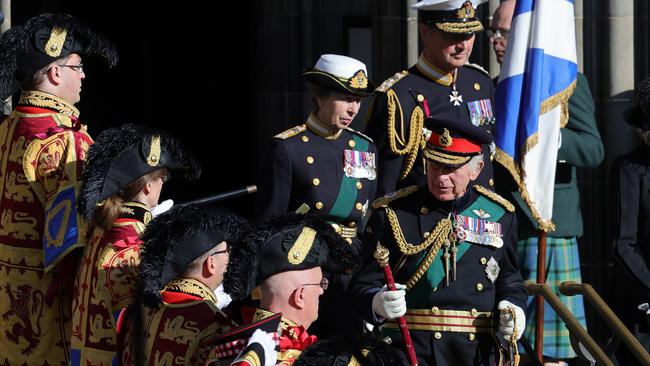
In his first speech as King, Charles put his own future neutrality front and centre, adding that it would fall to William, from now on, to “continue to inspire and lead our national conversations, helping to bring the marginal to the centre ground”. This, it seemed to me, was a deliberate attempt to recast his own past political interventions as part of the established job description for an heir to the throne, to which my response would be: “hmmm”. More importantly, though, he was saying that his own politics are parked. He’s a postbox now, or a flag. He’s a role. If the neutral administrators of the British state form a pyramid, he sits on the pointy bit at the top, hopefully with a cushion.
There are those, of course, who just don’t buy all this “neutral administrators” stuff. They think the establishment serves its own interests first, and sometimes they have a point. I’m all for the idea that people in all sorts of roles have biases they ought to examine. What I don’t like is the vogueish and frankly pessimistic idea that nobody really means it, not even as an aspiration.
“I’d rather have more honest bias,” said Liz Truss, shortly before becoming prime minister. She was talking about the BBC, but I’m not sure her views on the civil service are all that different.
This weekend, she was accused of an “ideological purge” of mandarins, after ditching the permanent secretary at the Treasury and a national security adviser. More sackings are expected. Lord Ricketts, the former head of the Foreign Office, called it “an American-style politicisation of top jobs”.
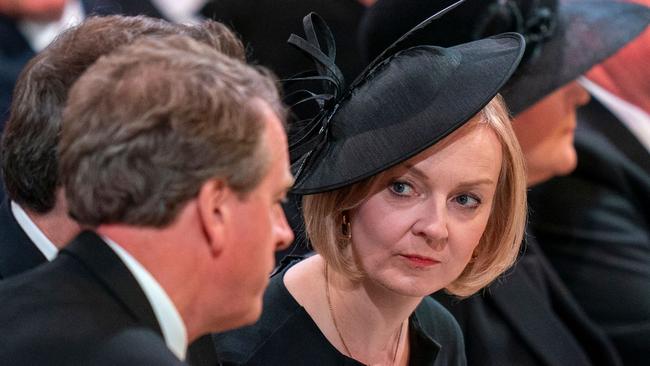
Again, it is one thing to think that people who ought to be impartial are failing in this. It’s another to deride the concept of impartiality itself. You will remember the attack on Supreme Court judges, after they overruled Boris Johnson’s prorogation of parliament. Most of it focused on their own political crumbs, as if it were inconceivable that they could have ignored those and based their judgment on law.
When Priti Patel’s Rwanda policy failed, she too blamed “politically motivated” judges, this time in Strasbourg. On health, on education, on whether it was or wasn’t OK to have a birthday party during lockdown, this government has a marked habit of finding bogeymen among apolitical functionaries whenever it can. Meanwhile, should his antique alarm clock fail to go off, I reckon there’s a good chance Jacob Rees-Mogg would blame “unelected civil servants”.
You may think the faceless pyramid of British officialdom is ripe for smashing, and to be honest, quite often I do too. You may also think we’d be better off with something closer to the American system, where almost everything is political, and there we part company. What you can’t do, though, is traduce the very notion of impartial service and ridicule those who claim to believe in it, before turning around, setting your lip to tremble and calling yourself a constitutional monarchist. Because whatever you are, it’s not that.
The Times

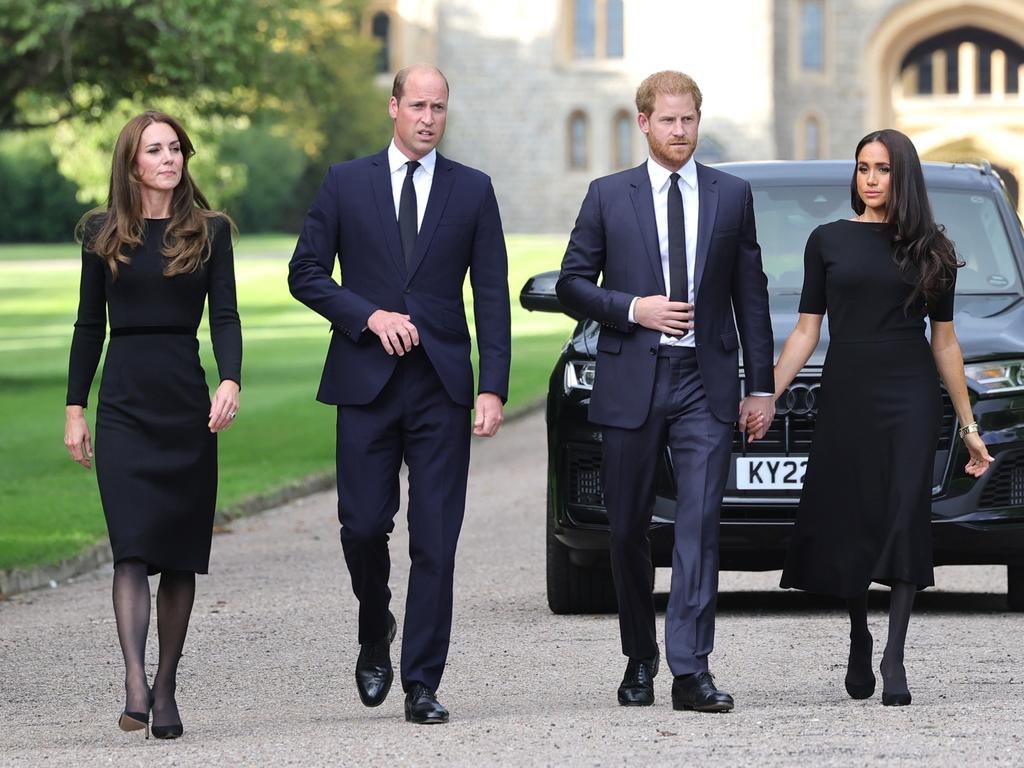


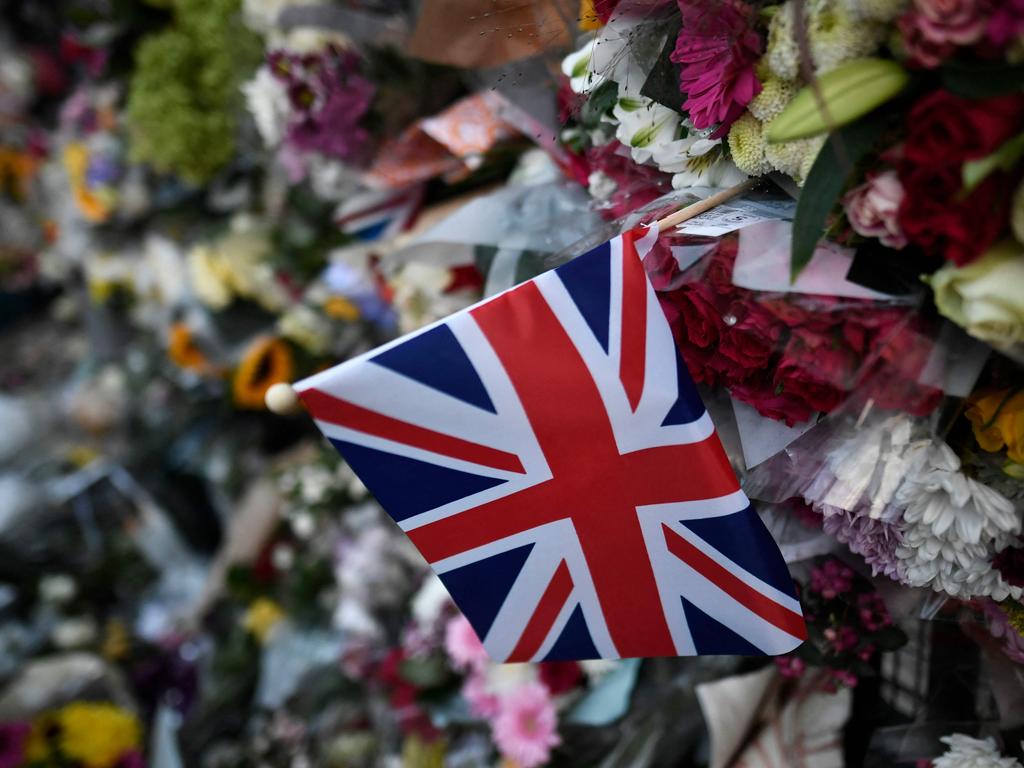


Perhaps you’ve missed this – lucky you – but in American liberal circles this past week there has been a strong arc of commentary keen to paint our late Queen as a villain. Particularly, she is deemed culpable for the crimes of Empire.